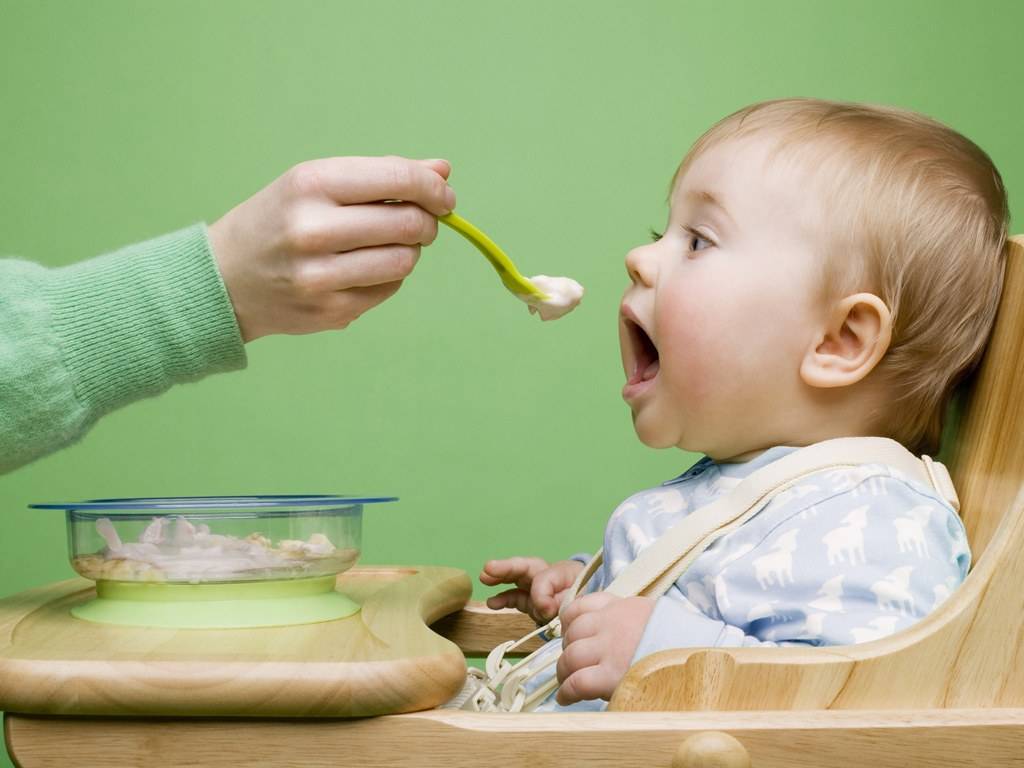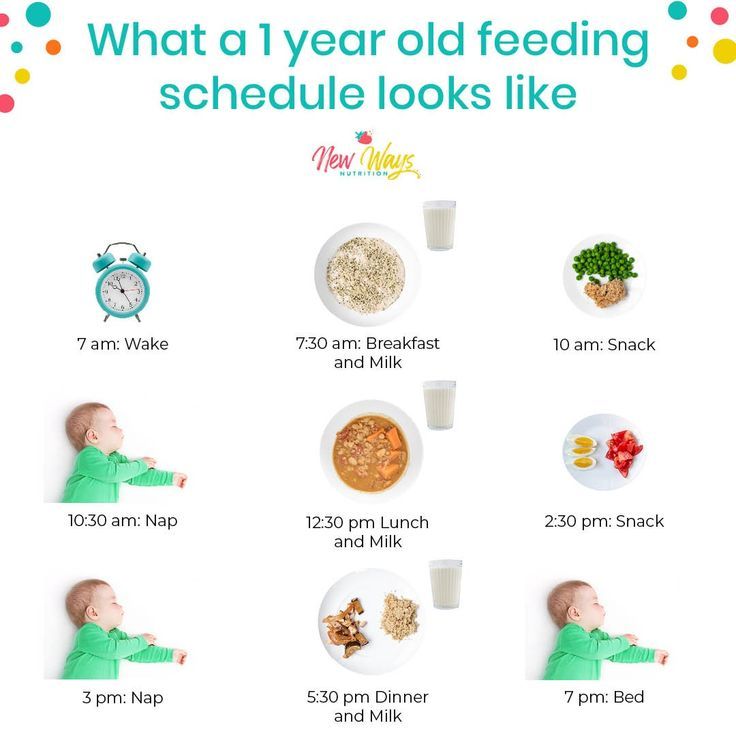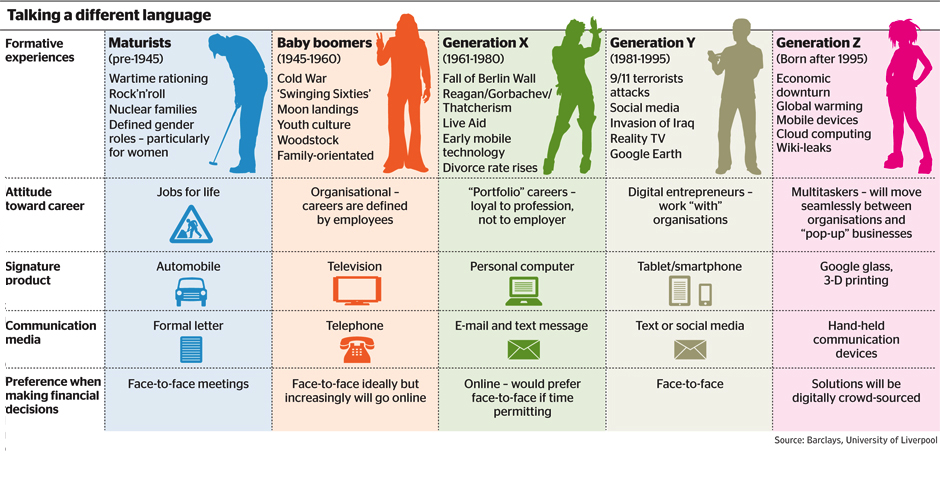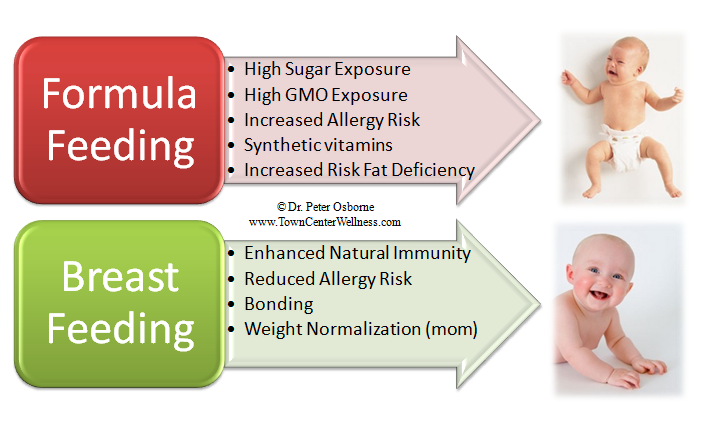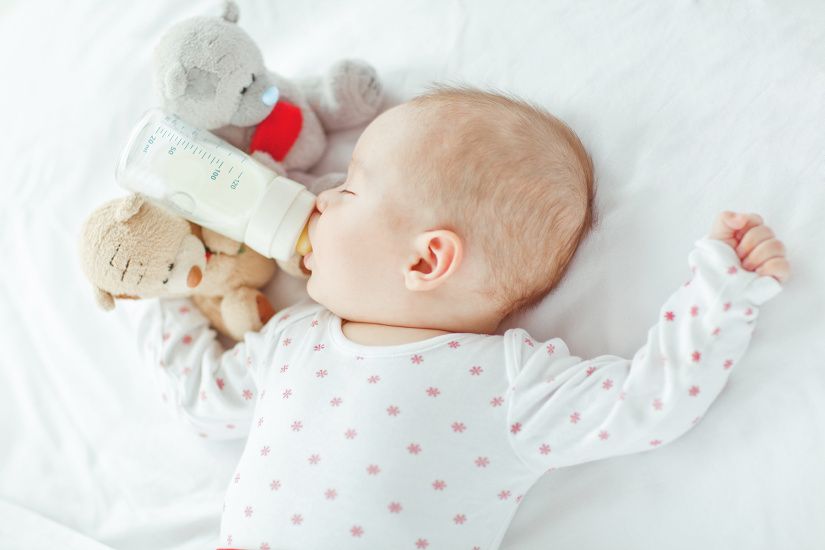Baby shares food
Kissing, food-sharing help babies identify the people they can trust, study finds
January 21, 2022
These activities help young children recognize the people most likely to help them during times of distress, researchers say
By Pat Ralph
PhillyVoice Staff
Children's Health Babies
Anastasia Gepp/Pixabay
Babies use saliva-sharing activities like eating food and kissing to identify close relationships between people, according to a new study.
Read More
Kissing and sharing food are activities that people reserve for a certain level of intimacy. It's a distinction that people first make as babies, when they are just beginning to understand the social world around them.
These saliva-sharing activities help babies identify close relationships and recognize people they can depend on for assistance, according to a study published in the journal Science.
- MORE HEALTH
- Older kids, those with underlying chronic conditions most at risk for severe COVID-19, study finds
- CBD and cannabis products for skincare are growing in popularity, but experts say more research is needed
- Heel pain can be caused by a range of issues; diagnosing it is critical for treatment
Babies expect people who engage in spit-swapping activities to help one another in a times of distress, the study found. But they don't hold other people to the same standard.
These findings suggest babies use kissing and food-sharing as cues to determine the people most likely to help them, according to neuroscientists from Massachusetts Institute of Technology and Harvard University.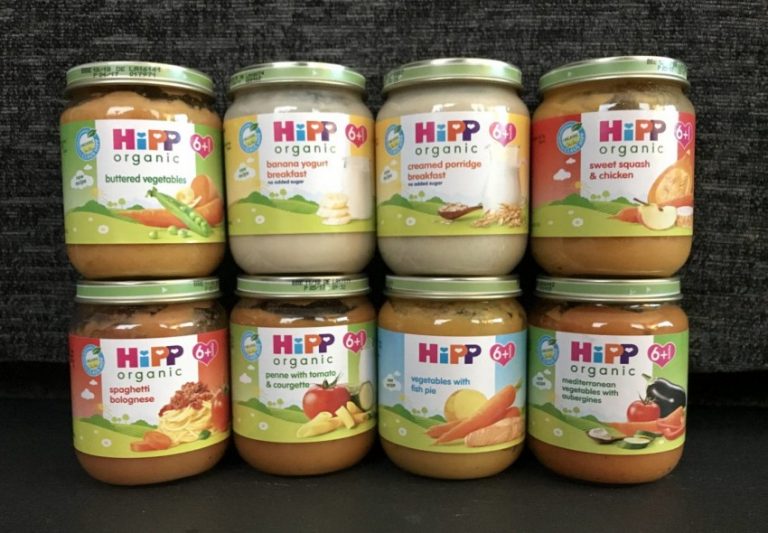
"Babies don't know in advance which relationships are the close and morally-obligating ones, so they have to have some way of learning this by looking at what happens around them," said Rebecca Saxe, a neuroscientist at the MIT and the study's senior author.
The study found the same to be true of toddlers.
The researchers drew their conclusions by watching infants ages 8.5 to 10 months old and toddlers ages 16.5 to 18.5 months old react to a series of interactions between human actors and puppets.
One set of interactions featured a puppet sharing an orange slice with a woman and tossing a ball back and forth with another woman.
The puppet was then shown in distress while sitting between the two women. In that moment, the babies first looked toward the woman who had shared the orange slice with the puppet, and spent longer time focusing on her.
"They're looking in that direction because they expect something to happen there," MIT neuroscientist Ashley Thomas, the study's lead author, told NPR.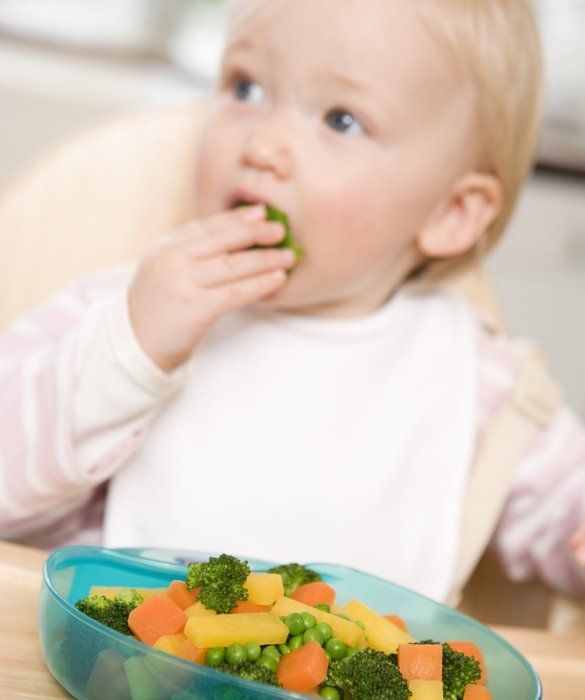 "They expect that woman to be the one to respond to the puppet's distress."
"They expect that woman to be the one to respond to the puppet's distress."
The puppet was then swapped out for a different puppet that was crying. In that instance, the babies looked at both people equally because neither of them had shared a saliva-sharing experience with the new puppet, researchers said.
In another experiment, a woman placed her finger in her mouth and then into the mouth of a purple puppet. But with a green puppet, she placed her finger on her forehead and then onto its forehead.
The actor was later shown upset while standing between the two puppets. The babies were more likely to look toward the purple puppet because they perceived it to have a closer relationship to the woman, the study found.
Additionally, children ages 5-7 who looked at cartoons were more likely to predict that saliva-sharing actions would happen with family members than with friends. But they expected toy-sharing to happened equally between the groups.
The study's experiments initially were conducted in-person before the COVID-19 pandemic.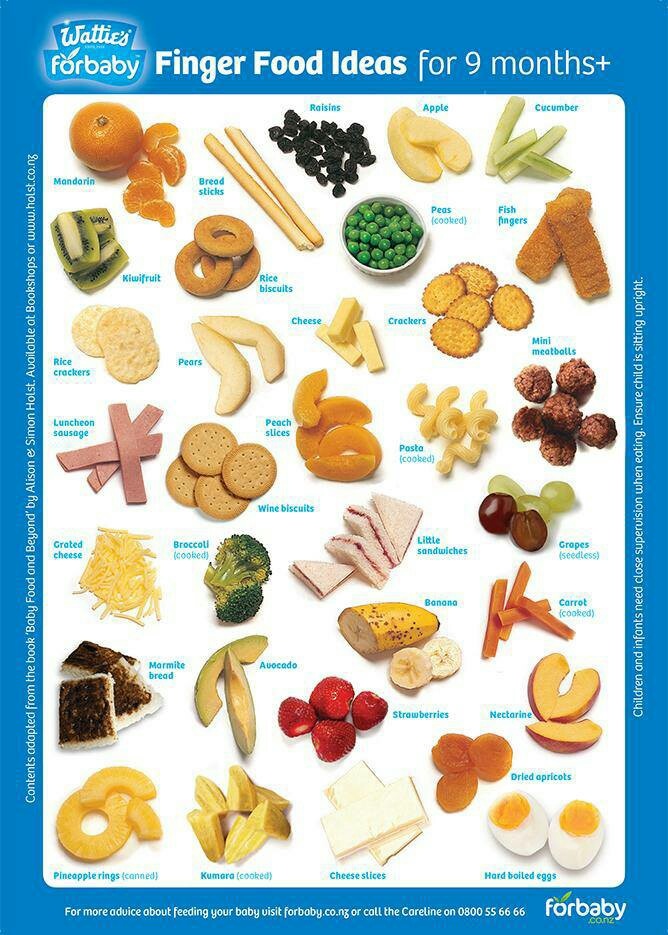 Later experiments were held over Zoom. The two periods produced similar results, confirming pandemic-related hygiene concerns did not alter the outcome.
Later experiments were held over Zoom. The two periods produced similar results, confirming pandemic-related hygiene concerns did not alter the outcome.
"You might wonder, did kids start to think very differently about sharing saliva when suddenly everybody was talking about hygiene all the time?" Saxe said. "So, for that question, it's very useful that we had an initial data set collected before the pandemic."
The set of studies conducted over Zoom consisted of a wider, more diverse pool of participants because subjects did not have to be in-person to participate, researchers said.
Christine Fawcett, of the Uppsala Child and Baby Lab in Sweden, argued in an accompanying editorial that people are more willing to put aside their disgust for others' spit when it comes to close-knit relationships.
Fawcett said that the same premise applies to smells, citing a 2006 study that found parents are more likely to put up with the smell of their own children's dirty diapers than those of other children.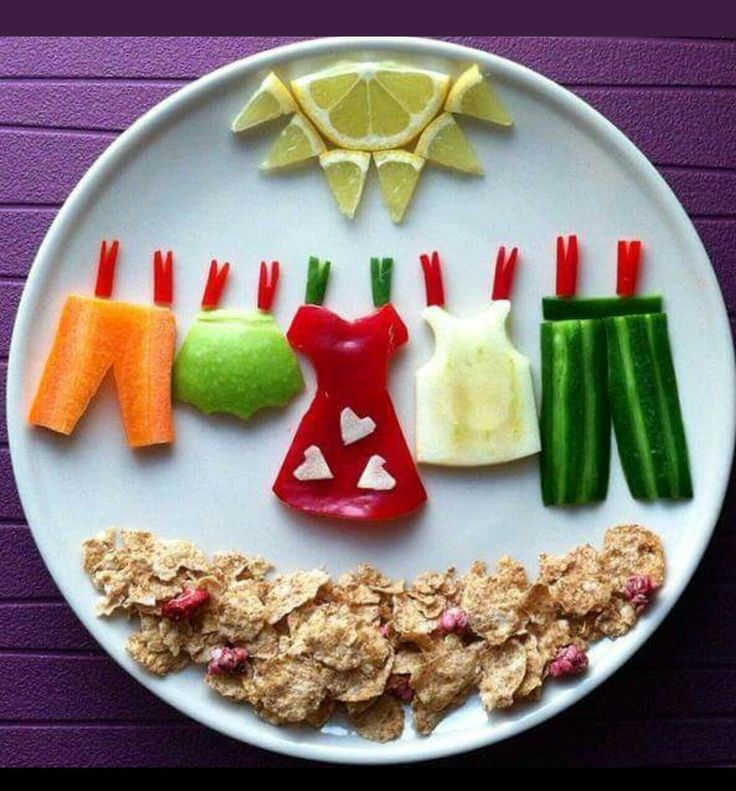
"It has been proposed that the emotion of disgust evolved to protect us from contamination, such as can occur when coming into contact with the bodily fluids of another person," Fawcett wrote, according to STAT News. "Yet taking care of an infant, for example, requires such contact, so we may have also evolved an exception to the rule: Those in our closest, thickest relationships do not elicit disgust in us, no matter the amount of drool or dirty diapers they produce."
Follow Pat & PhillyVoice on Twitter: @Pat_Ralph | @thePhillyVoice
Like us on Facebook: PhillyVoice
Add Pat's RSS feed to your feed reader
Have a news tip? Let us know.
Pat Ralph
PhillyVoice Staff
Read more Children's Health Babies Philadelphia Harvard University Research Toddlers Love Infants Studies MIT
Follow us
Health Videos
Please enable JavaScript to view the comments powered by Disqus.
Babies Use Kissing and Sharing Their Food as Signals to Interpret Their Social World, Says New Study
Learning to navigate social relationships is a skill that is critical for surviving in human societies. For babies and young children, that means learning who they can count on to take care of them.
By Stephen AndrewsMIT neuroscientists have now identified a specific signal that young children and even babies use to determine whether two people have a strong relationship and a mutual obligation to help each other: whether those two people kiss, share food, or otherwise share saliva.
In a new study, the researchers found that babies actually expect those who share saliva to come to one another’s aid if any one person is in distress—much more so than when people share toys or interact in other ways that do not involve the mouth.
The findings suggest that babies can use these cues to try to figure out who around them is most likely to offer help, the researchers say.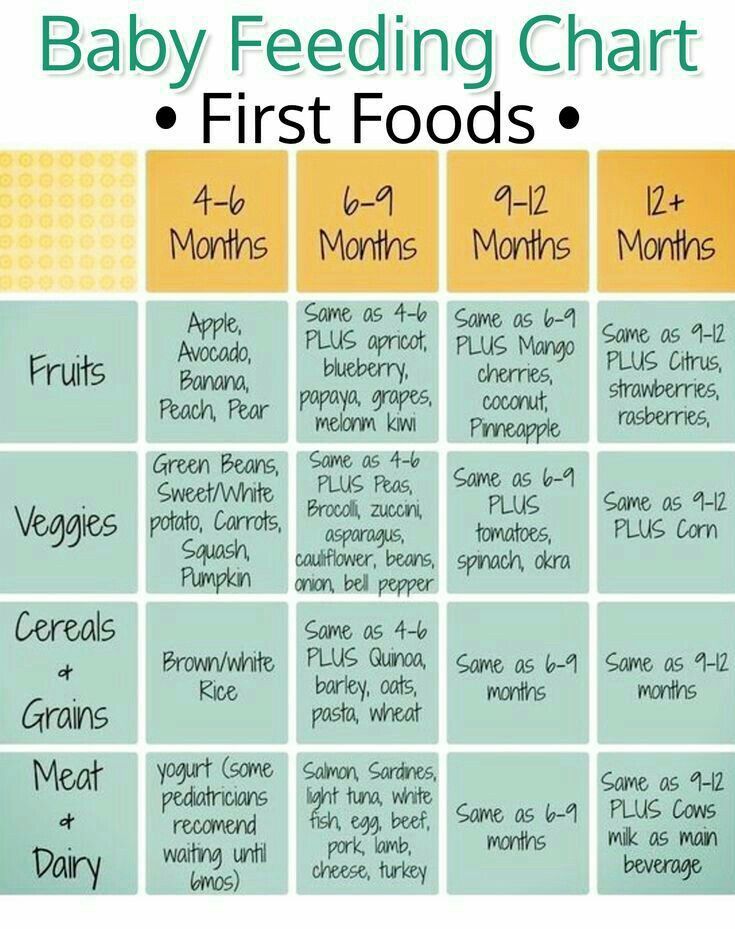
“Babies don’t know in advance which relationships are the close and morally obligating ones, so they have to have some way of learning this by looking at what happens around them,” says Rebecca Saxe, the John W. Jarve Professor of Brain and Cognitive Sciences, a member of MIT’s McGovern Institute for Brain Research, and senior author of the new study in the journal Science.
Sharing saliva
In human societies, people typically distinguish between “thick” and “thin” relationships. Thick relationships, usually found between family members, feature strong levels of attachment, obligation, and mutual responsiveness. Anthropologists have also observed that people in thick relationships are more willing to share bodily fluids like saliva.
“That inspired both the question of whether infants distinguish between those types of relationships, and whether saliva sharing might be a really good cue they could use to recognize them,” Thomas says.
RELATED: Dogs Can Differentiate Between Languages, Study Finds
To study those questions, the researchers observed toddlers (16.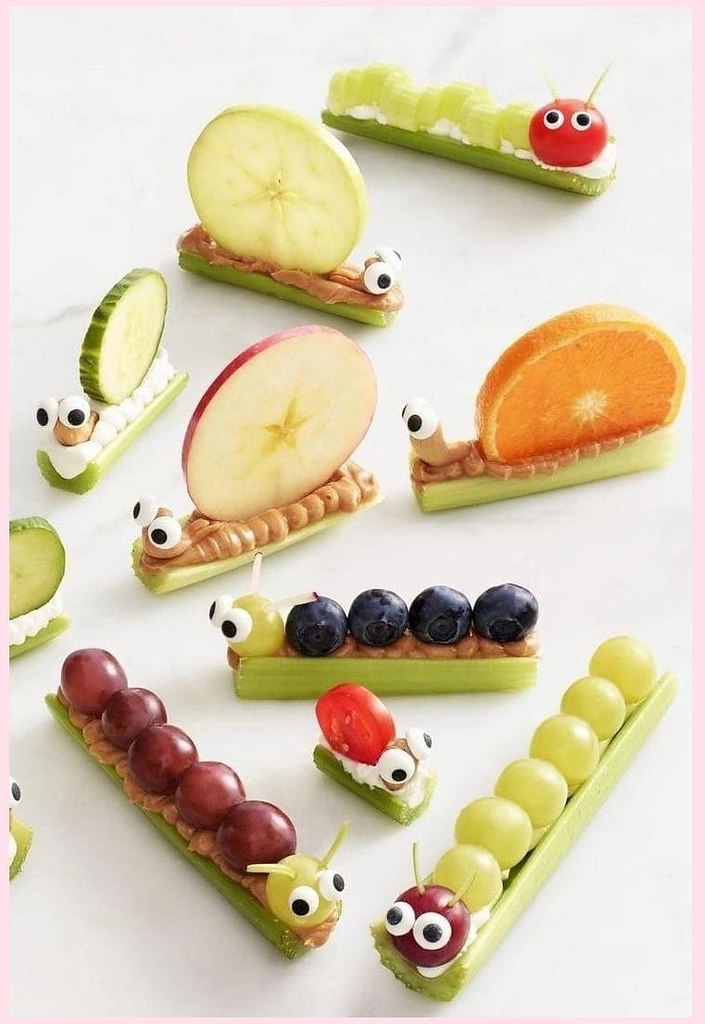 5 to 18.5 months) and babies (8.5 to 10 months) as they watched interactions between human actors and puppets. In the first set of experiments, a puppet shared an orange with one actor, then tossed a ball back and forth with a different actor.
5 to 18.5 months) and babies (8.5 to 10 months) as they watched interactions between human actors and puppets. In the first set of experiments, a puppet shared an orange with one actor, then tossed a ball back and forth with a different actor.
After the children watched these initial interactions, the researchers observed the children’s reactions when the puppet showed distress while sitting between the two actors. Based on an earlier study of nonhuman primates, the researchers hypothesized that babies would look first at the person whom they expected to help. That study showed that when baby monkeys cry, other members of the troop look to the baby’s parents, as if expecting them to step in.
The MIT team found that the children were more likely to look toward the actor who had shared food with the puppet, not the one who had shared a toy.
POPULAR: Why Cats Love to Sit in Boxes – Even Fake Ones, According to Science
In a second set of experiments, designed to focus more specifically on saliva, the actor either placed her finger in her mouth and then into the mouth of the puppet, or placed her finger on her forehead and then onto the forehead of the puppet. Later, when the actor expressed distress while standing between the two puppets, children watching the video were more likely to look toward the puppet with whom she had shared saliva.
Later, when the actor expressed distress while standing between the two puppets, children watching the video were more likely to look toward the puppet with whom she had shared saliva.
Social cues
The findings suggest that saliva sharing is likely an important cue that helps infants to learn about their own social relationships and those of people around them, the researchers say.
“The general skill of learning about social relationships is very useful,” Thomas says. “One reason why this distinction between thick and thin might be important for infants in particular, especially human infants, who depend on adults for longer than many other species, is that it might be a good way to figure out who else can provide the support that they depend on to survive.”
In future work, the researchers hope to use functional magnetic resonance imaging (fMRI) to study what parts of the brain are involved in making saliva-based assessments about social relationships.
(Source: Massachusetts Institute of Technology)
Should a child be taught to share food?: kirssdiana — LiveJournal
“I have one child.
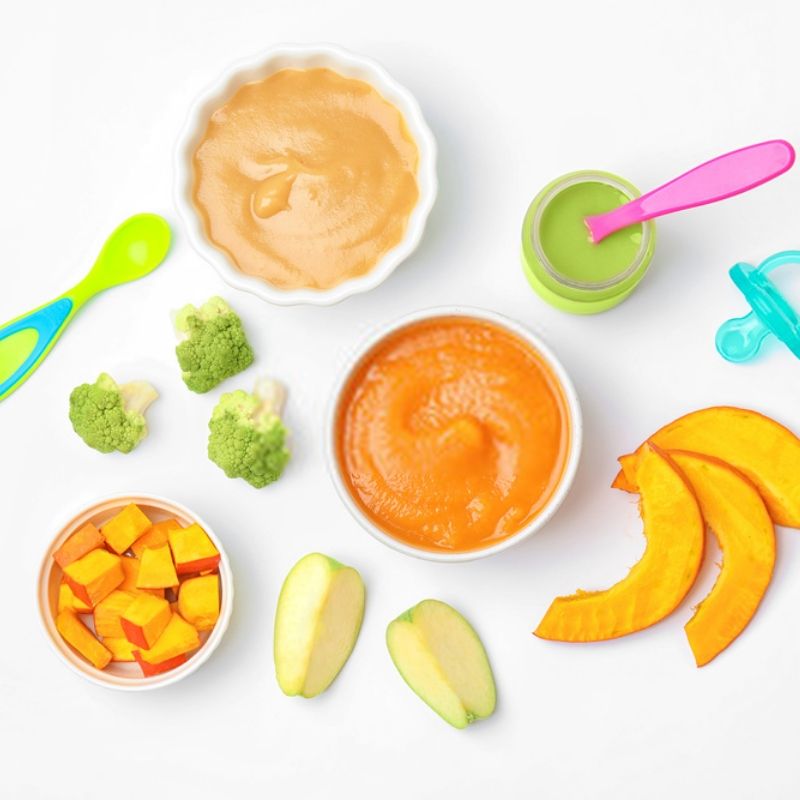 Long-awaited, beloved. I am very afraid that he will grow up to be an egoist, since he does not share anything with anyone. All is mine. And everything is here. Tell me what to do? Recently I read an article on a children's website about whether it is necessary to teach a child to share food, toys, so it states that the child does not want to share - and it is not necessary, this is his right, the right of the owner ... ”.
Long-awaited, beloved. I am very afraid that he will grow up to be an egoist, since he does not share anything with anyone. All is mine. And everything is here. Tell me what to do? Recently I read an article on a children's website about whether it is necessary to teach a child to share food, toys, so it states that the child does not want to share - and it is not necessary, this is his right, the right of the owner ... ”.
Receive - give - two sides of the same coin
A mother asks the right question: should a child be taught to share food? The question is not at all idle and not secondary, as it might seem at first glance. The fact is that our bodily nature is based on two basic desires - to eat and multiply. A child is born, representing not a blank slate, but with internal properties laid down by nature, vectors. Moreover, these internal properties need to be developed and implemented. To put it simply, children are like primitive people in their mentality, and only with proper socialization, development of their potential, they become modern people.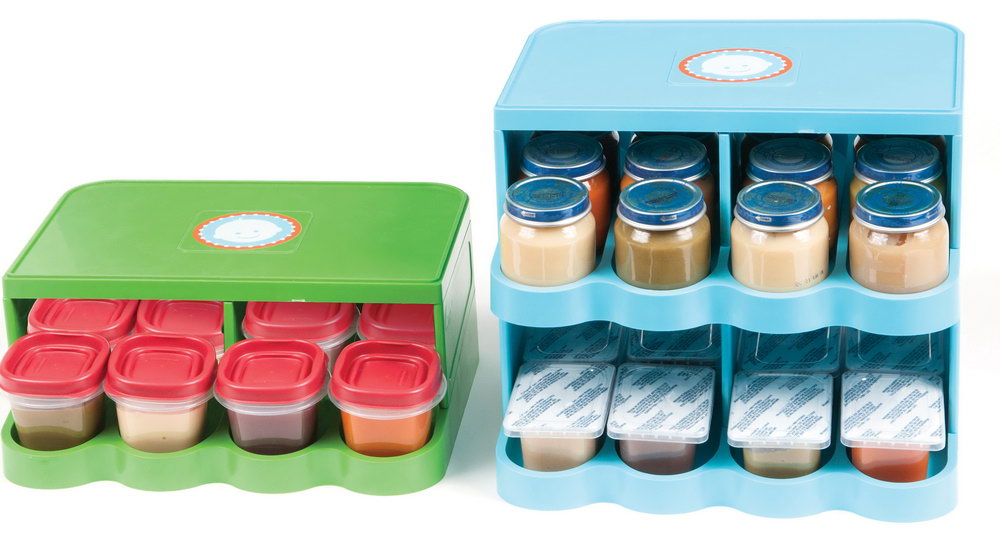
Accordingly, children from birth do not know how to share food, they are only concerned with fulfilling their desires. All to me, but more. Children are taught to share food, thereby they are taught to be human, they are taught to behave like human beings.
To teach a child to share food means to teach him to give something of himself to others and at the same time enjoy the process of giving. Not only to be fed, loved, given warmth and care, but he could first break off a piece of bread to his loved ones and see the joy in their eyes, feel the pleasure of someone else's joy, and then enjoy giving other people his love and care.
Surely, you remember the folk wisdom about the category of people who can't give or take. Sometimes it is from the inability of a child to share food that his inability to enjoy what he is given grows (he takes it for granted, does not feel the value of what he receives) and the inability to give something to his environment (a person is an empty flower).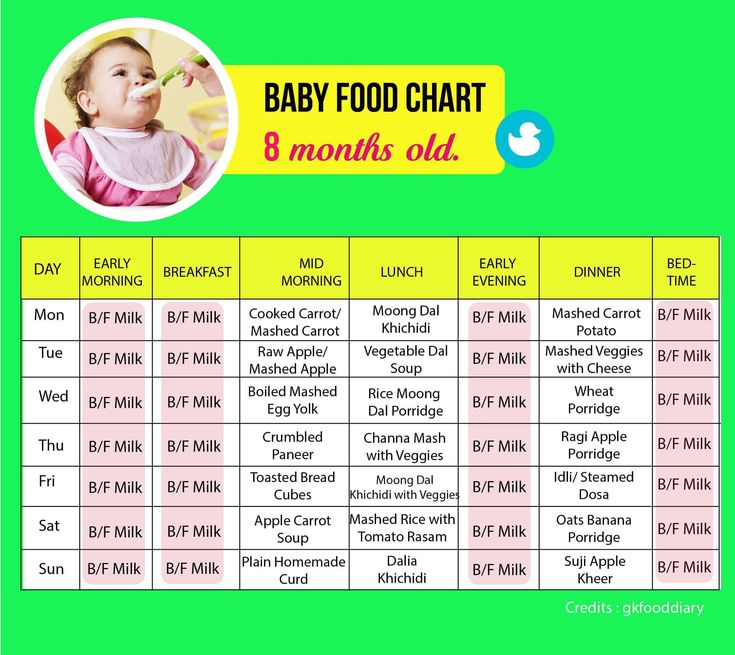
Conclusions
So, parents and educators simply need to teach the child to share food. Because from such, it would seem to us modern, wealthy parents, an unimportant skill, it depends - whether the child will learn to appreciate what he is given and give with pleasure what he has to the world. Your abilities, your talents, your love...How to teach a child to share food? Of course, not by force, taking away some of his food or toys, inflicting deep psychological trauma in this way. Only through encouragement.
At the same time, each child should be encouraged in accordance with his vector (internal inclinations). So, a child with an anal vector - to praise, with a skin - to stroke, with a urethral - to admire his act. And so to instill in the child the ability to enjoy the fact that he shares food, from the very process of bestowal.
I emphasize that through the skill of sharing food, a child learns to enjoy not from receiving, but from giving.
P.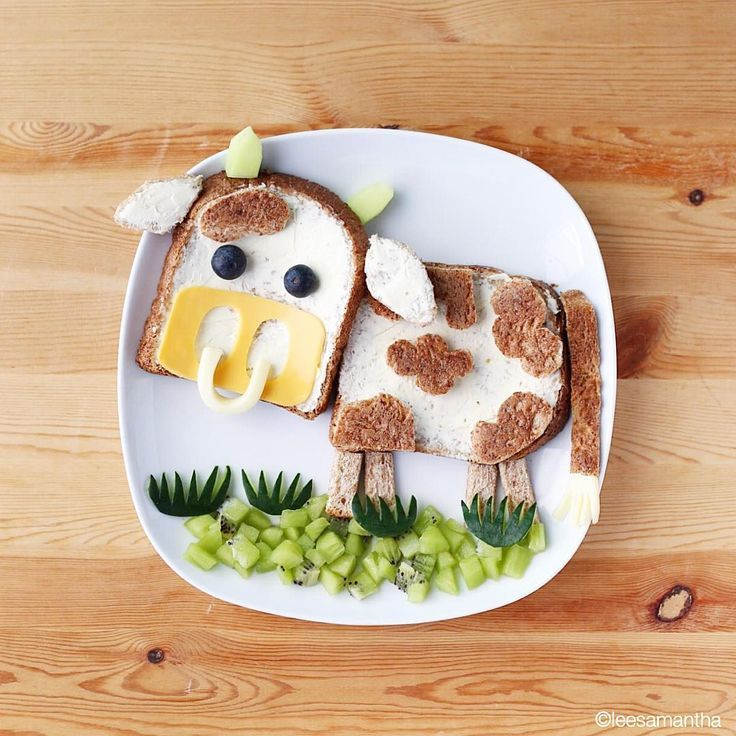 S. A bit from my own experience: in my family, besides me, there was also a brother, and I remember how our parents taught us to share with each other. I especially remember the half of the candy that my brother left me when I was at the children's camp. Everything is fair, each half. That's how we were taught. And now I understand that since all members of my family had an anal vector, it was precisely this division of the delicious that did not cause protests, either internal or external.
S. A bit from my own experience: in my family, besides me, there was also a brother, and I remember how our parents taught us to share with each other. I especially remember the half of the candy that my brother left me when I was at the children's camp. Everything is fair, each half. That's how we were taught. And now I understand that since all members of my family had an anal vector, it was precisely this division of the delicious that did not cause protests, either internal or external.
My parents were brought up in large families and they were also taught to share with each other - food, things, etc. When my son was born, there was no economic and physical need to share. Everything was in full abundance, if not in abundance. Planned, only child. Why and with whom should he share?
It should be noted that the grandmothers still tried to teach their grandson to share. First with loved ones, then with other children. A relic of the past. So I naively thought. But after getting acquainted with the system-vector psychology of Yuri Burlan, which looks deep into our psyche, brings to the surface the true underlying causes of human actions - in particular, my attitude has changed on the importance of teaching my son the ability to share food. Oh, how right, it turns out that grandmothers were in this matter! Although they acted intuitively, now my son knows how to share food and toys.
But after getting acquainted with the system-vector psychology of Yuri Burlan, which looks deep into our psyche, brings to the surface the true underlying causes of human actions - in particular, my attitude has changed on the importance of teaching my son the ability to share food. Oh, how right, it turns out that grandmothers were in this matter! Although they acted intuitively, now my son knows how to share food and toys.
The article was written using the training materials on system-vector psychology by Yuri Burlan.
Author: Olga Knyazeva
Read also:
What is female happiness?
FEBRUARY 14 - VALENTINE'S DAY. Valentine's Day
Notes about kids: Little commander
What to do if the child is greedy and does not share?
Parents of little egoists often hear a capricious cry: “Mine!”, “I won't give it back!”, “No, these are my toys!”. It is safe to say that "mine" is the most frequently occurring word in the lexicon of a preschool child.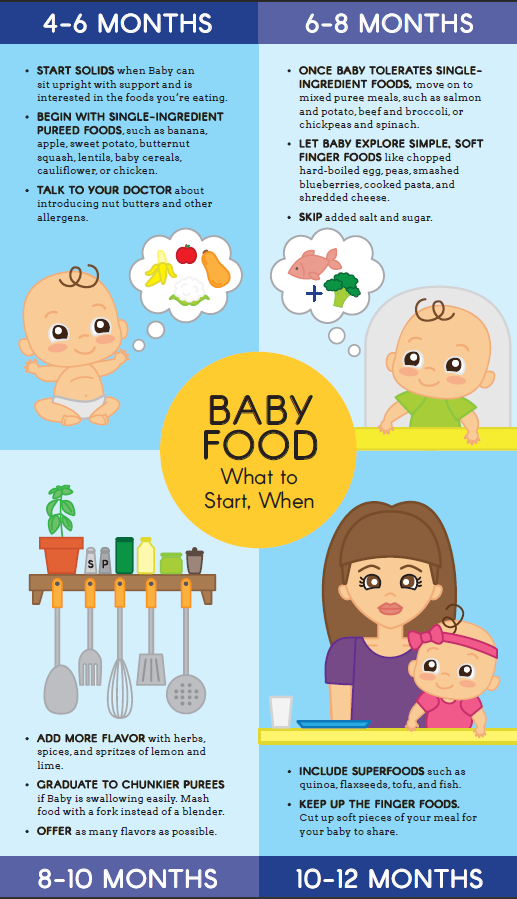 Psychologists and educators have long found practical solutions to the painful question of how not to grow an egoist out of a small child. After all, teaching a child to share toys and food, as well as to understand the feelings of other children, is not so difficult. To do this, it is enough to start having appropriate conversations with the selfish child in order to give simple advice on how to properly treat friends and what you can, and what it is not necessary to share with friends.
Psychologists and educators have long found practical solutions to the painful question of how not to grow an egoist out of a small child. After all, teaching a child to share toys and food, as well as to understand the feelings of other children, is not so difficult. To do this, it is enough to start having appropriate conversations with the selfish child in order to give simple advice on how to properly treat friends and what you can, and what it is not necessary to share with friends.
The child grows up as an egoist. What is the risk?
Difficulties in the process of socialization
Caring only for one's own needs and desires is the most insurmountable barrier to the successful socialization of a child in a children's team. The selfish behavior of a toddler can prevent him from finding true friends, thanks to whom he could learn the beauty of selfless relationships.
Childish greed
Reluctance to share what belongs to the child causes a lot of inconvenience to the egocentric child in the first years of life.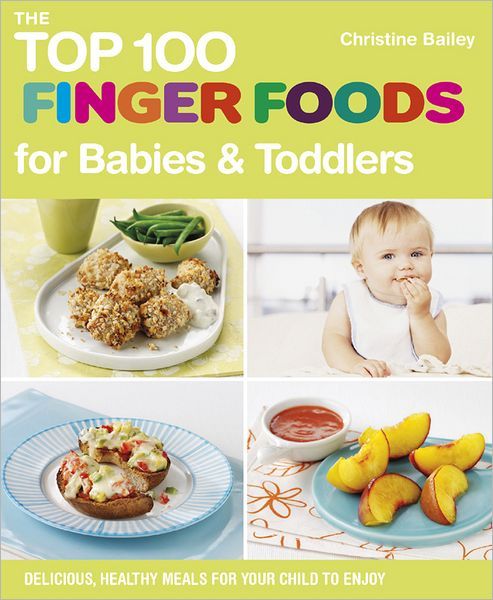 If parents cannot show their children the dangers of greed and selfishness, then it will be very difficult to re-educate such an adult “selfish child”.
If parents cannot show their children the dangers of greed and selfishness, then it will be very difficult to re-educate such an adult “selfish child”.
Tensions in the family
"Why do children behave like selfish people?" - think modern parents, faced with the unwillingness of the baby to share toys and food with friends and buddies. And this is not surprising, since adults themselves are trying to give all the best to their own child: they do not sleep at night, they buy healthy products for children, safe clothes and shoes. It is very difficult for adults to understand that a child does not yet have a certain experience of forming the right relationship with others. Misunderstanding of children's behavior sometimes leads to parental aggression, when adults forcibly take away a toy from a greedy child and give it to another baby. Physical punishment, emotional abuse, manipulation often accompany a difficult time in the family, when the child behaves selfishly.
Discussions with an egoistic child
Teachers dealing with the problems of egocentric behavior of children are offered a simple solution to this issue: to have discussions with the child on the topic “Greed”. The main problem of a selfish child is a misunderstanding of the golden rule of life: “It is much more pleasant to give to others than to take something for yourself.” Through these conversations with a preschooler, parents can help their child transform from a selfish child into a caring and benevolent little person. You can start by letting the child understand that it is very bad to be selfish, “because you don’t want people around you to think only about themselves and only care about what they want.”
The main problem of a selfish child is a misunderstanding of the golden rule of life: “It is much more pleasant to give to others than to take something for yourself.” Through these conversations with a preschooler, parents can help their child transform from a selfish child into a caring and benevolent little person. You can start by letting the child understand that it is very bad to be selfish, “because you don’t want people around you to think only about themselves and only care about what they want.”
What if the child is greedy and does not share?
Topics for conversation:
- Why is it bad to care only about your desires?
- How do children feel when someone does not share toys?
- What do friends do when they play with a greedy child?
- Is it always necessary to share food?
- How to share the cake for everyone?
- What do you do when someone asks you to play with your favorite toy?
In the course of conversations with a child, joint drawings are an effective tool to illustrate the conversations “What if the child does not share toys and food?”. If dad or mom loves to draw, then such conversations with a child can be turned into fun gatherings with paints and an album.
If dad or mom loves to draw, then such conversations with a child can be turned into fun gatherings with paints and an album.
Parents are encouraged to come up with an imaginary character who behaves like a real egoist. It could be the girl Marina, who doesn't share delicious cookies with her friend Max while walking in the yard.
Draw greedy Marina and modest Max, who suffered from the selfish behavior of the girl, and ask the child the question: “Have you ever met guys who did not want to share their food with you? Would you like to be friends with Marina the Greedy? Do you want to do like Marina yourself? Talk to your child about how painful and insulting it is when they don’t want to share delicious sweets or juicy raspberries with you.
And then draw a mountain of toys and an egoistic Marina defending her "treasures" by shouting "Mine!" What did you feel about it?"
You can ask your son to draw a picture of a child who does not want to share toys. Role-play this situation, let the baby see all the ugliness of the behavior of the selfish child.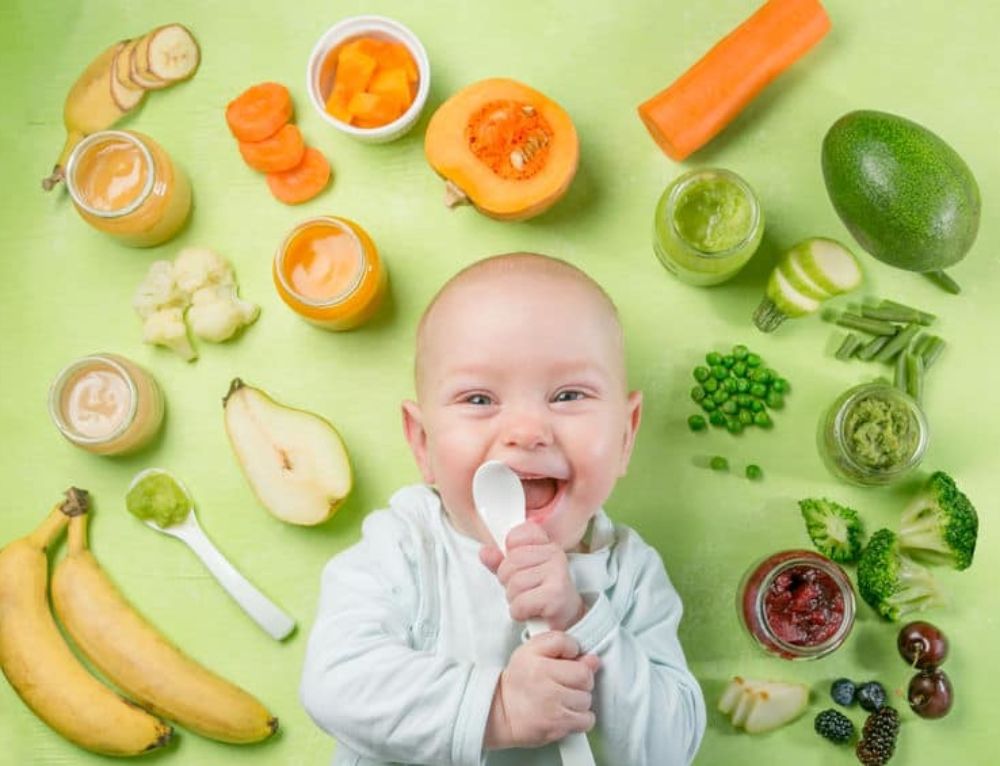
Explain to the child that if a child is an egoist, then it is very difficult for other children to play with him: after all, such children do not want to share anything and they only care about themselves. If a greedy child plays nearby, then others may feel rejected, confused and even angry at such an attitude towards themselves. The most terrible consequence of such behavior is that children will not want to play with a selfish child, and he will be left alone.
What should other children do if an egoistic child is playing on the playground?
If discussions with pictures helped a child understand that growing up as an egoist is very bad, then he may have another question: “If my friend does not want to share and play with me, what should I do?”
Explain that your son can help another selfish child understand that being nice to others is essential to being treated the same.
Teach your child simple principles that will help him re-educate him to overcome any selfish:
"If you want other children to share toys with you, then you yourself need not be afraid to be generous.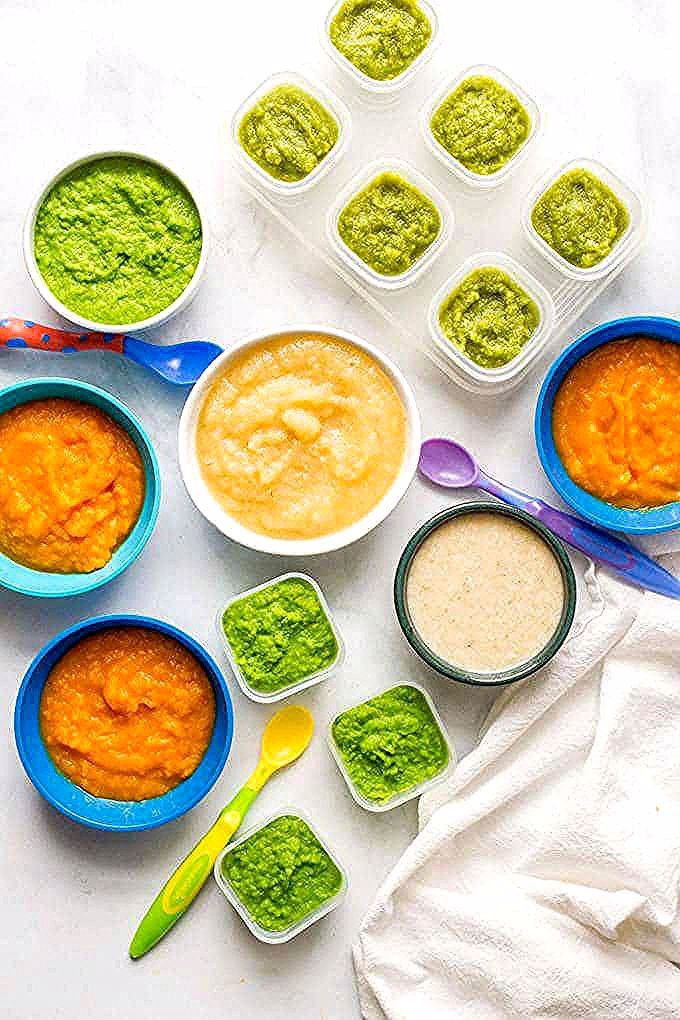 "
"
“Your greatest need is to be generous and think of others. Because it makes you happier."
Should children always share?
When raising a selfish child, it is very important to pay attention to the clarification of a simple truth: "Not being greedy does not mean that you need to share everything you have." Parents can start such a conversation with the following words: “Although friendship and the desire to share what you have is always nice for everyone, you still don’t have to allow a friend to lick your lollipop or drink a sip from your water bottle.”
In difficult situations, an adult can advise his son to follow a simple rule: put food away if you don't have enough for two. It can be candy, ice cream or a banana. Try not to eat anything in front of other kids who don't have anything to eat at the moment."
How to teach a child to share. Golden Rule.
“Mom, if we have a knife and can we split our banana or apple in half? May I share?" - asks the quick-witted son.